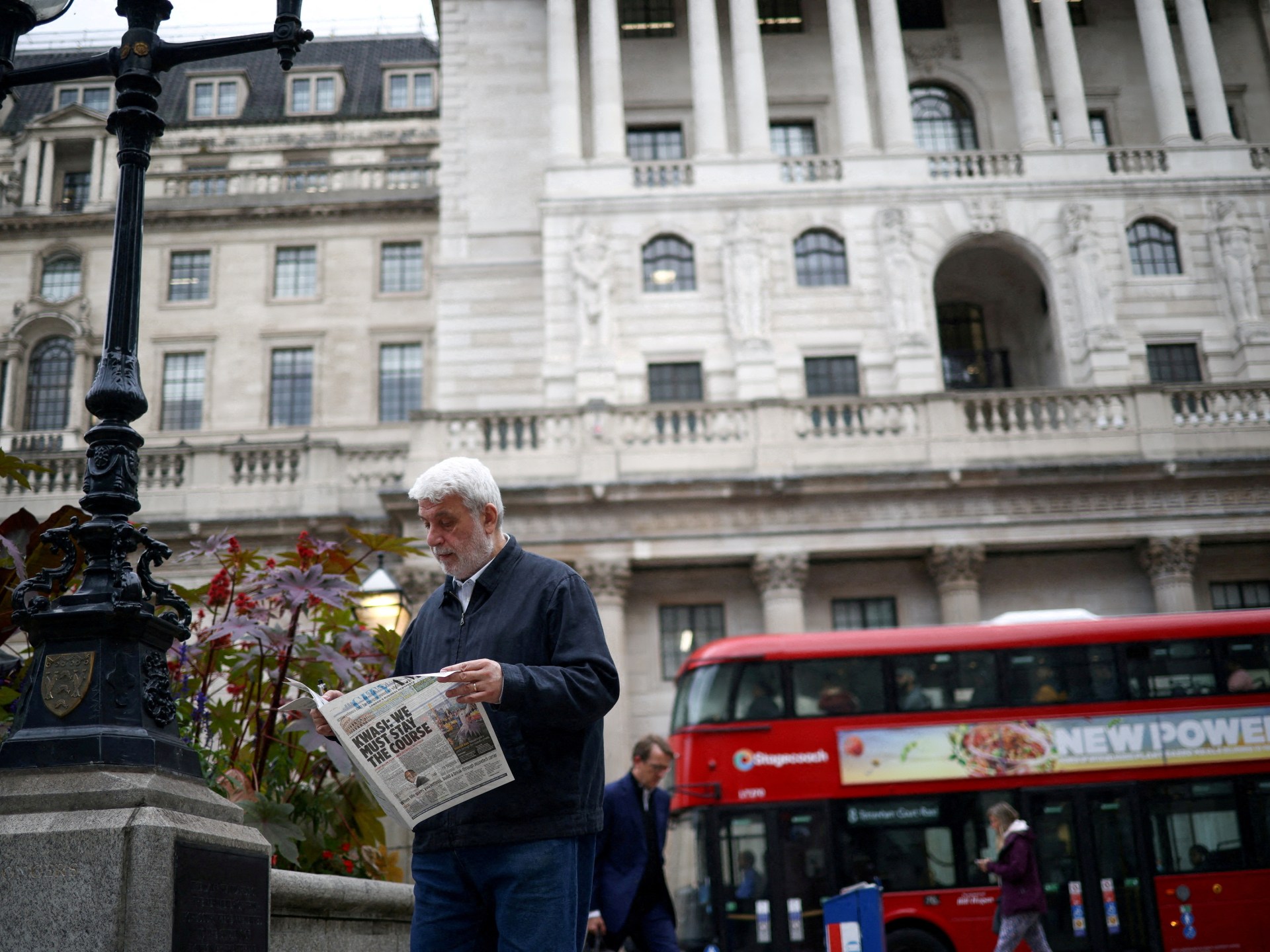Just when you thought you would never see again the spectacle of private jets landing in the Swiss mountain town of Davos for the rich and powerful to unironically discuss “solutions” to climate change and inequality, the World Economic Forum is back.
They’re meeting face to face for the first time since January 2020. Did you miss it? No, me neither.
They meet at a critical juncture in the COVID-19 pandemic, and in the midst of a huge and deepening inequality crisis.
Policy choices made by governments and international institutions throughout the pandemic have fallen woefully short of protecting people from the impact of multiple crises. Spiralling inflation, sky-rocketing energy bills and fuel prices, as well as high and still rising food prices, spelled disaster for so many. But the richest few, who continued to increase their wealth in the past two years, are still benefitting from the crisis. As a result, questions are being raised on the morality of an economic system that has failed to help the masses and instead supercharged inequality during a global health emergency.
It’s somewhat unbelievable that amid all this, finance ministers and multinational CEOs are taking some time out to exchange warm words with fellow “captains of industry” in a Swiss mountain town. But they are – as they have done for 51 years.
People, however, are no longer fooled by the Davos talk of equality, transparency, respect and diversity. They are well aware that those who benefitted and continue to benefit from the pandemic that left them struggling to put food on their table – such as Pfizer CEO Albert Bourla, who made an eye-watering $24.3m in 2021 and is attending Davos – are not interested in the systemic changes needed to tackle inequality.
Indeed, more and more people are questioning what their leaders are doing in unaccountable spaces like Davos when they could be making policy choices that would address pressing problems.
In the UK, where soaring energy bills forced many families to choose between heating their homes and eating, for example, the government is resisting calls for a windfall tax on the profits of oil and gas companies. It is clear that the British public would rather have their leaders tax the companies benefitting from the growing cost of living crisis than waste time discussing inequality and sustainability with CEOs actively deepening that inequality in Switzerland.
Even in a pandemic that demands new thinking and more radical solutions to inequality, leaders around the world are...










 English (US) ·
English (US) ·